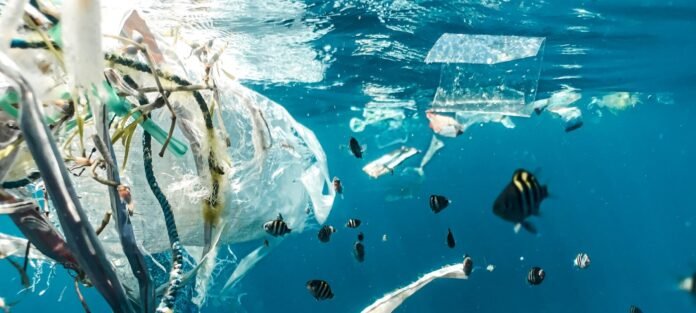Our oceans are facing a grave threat from plastic pollution, endangering marine ecosystems and marine life. This article focuses on the efforts to combat plastic pollution and restore marine ecosystems, highlighting the importance of ocean conservation and sustainable practices.
Plastic pollution poses a significant challenge to our oceans. Single-use plastics, such as bags, bottles, and packaging, make up a significant portion of marine litter. These plastics degrade slowly, breaking down into microplastics that can be ingested by marine organisms, causing harm to their health and disrupting the entire marine food chain.
To combat plastic pollution, awareness and education campaigns are essential. By raising awareness about the impacts of plastic pollution, individuals and communities can make informed choices to reduce their plastic consumption and adopt eco-friendly alternatives. Education initiatives also play a crucial role in promoting responsible waste management and recycling practices.
Efforts are underway to improve plastic waste management systems. This includes the development of recycling infrastructure, waste collection programs, and the promotion of extended producer responsibility. By implementing effective waste management practices, we can prevent plastic waste from entering our oceans and ensure its proper disposal or recycling.
Ocean cleanup initiatives are essential in removing existing plastic pollution from our seas. Various organizations and projects are dedicated to cleaning up marine litter, utilizing innovative technologies and strategies. These initiatives involve the removal of large plastic debris from coastlines and the deployment of systems to capture and remove floating plastic waste from oceanic gyres.
Sustainable fishing practices are critical for the preservation of marine ecosystems. Overfishing and destructive fishing methods have significant impacts on fish populations and marine biodiversity. By implementing sustainable fishing practices, such as setting catch limits, using selective fishing gear, and protecting vulnerable marine areas, we can ensure the long-term health and productivity of our oceans.
Marine conservation efforts include the establishment of marine protected areas (MPAs). These designated areas help safeguard critical marine habitats and vulnerable species, allowing ecosystems to recover and thrive. MPAs serve as important tools for biodiversity conservation and can contribute to the restoration of degraded marine ecosystems.
Restoring and preserving marine biodiversity is a crucial aspect of protecting our oceans. This involves measures such as habitat restoration, promoting the recovery of threatened species, and reducing the impacts of pollution and climate change. Conservation organizations, researchers, and governments are collaborating to implement these initiatives and support the resilience of marine ecosystems.
Collaboration and international agreements play a significant role in addressing ocean protection. Initiatives like the United Nations’ Sustainable Development Goal 14: Life Below Water aim to mobilize global efforts to conserve and sustainably use our oceans and their resources. International cooperation is vital in tackling plastic pollution, promoting sustainable practices, and ensuring the health and vitality of our oceans.
Protecting our oceans requires a collective effort to combat plastic pollution, promote sustainable practices, and restore marine ecosystems. By raising awareness, improving plastic waste management, supporting ocean cleanup initiatives, implementing sustainable fishing practices, and establishing marine protected areas, we can safeguard the health and biodiversity of our oceans for future generations.



